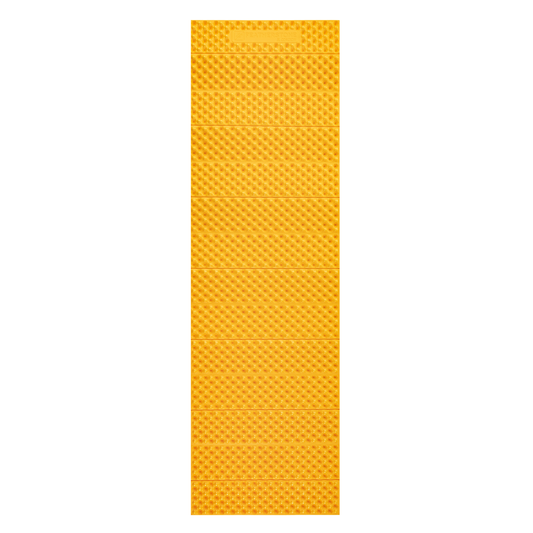
(Photo: Oars)
Biting Insects such as mosquitos and ticks are not only an annoyance but can sometimes pose serious risk to public health. Having the knowledge of how to effectively choose and apply insect repellent and tactics on preventing insect bites can go a long way.
We’ll go over some tips on how to safely use insect repellent and ways to mitigate the chances of getting bit by our sworn enemies of the outdoors.
How do insect repellents work?
Most biting insects rely on smell, carbon dioxide & human emissions, and body heat. Insect repellents work by creating a vapor barrier on your skin that masks the smells produced by the human body making it difficult for the bugs to locate your skin. Although insect repellent is one of the most effective ways to shield against biting insects, every individual produces about 300 or so mix of different chemicals on the skin. Therefore, some bugs may be more attracted to one person than the other, and the effectiveness of insect repellents may vary per user.
DEET Insect Repellents
DEET(N,N-diethyl-m-toluamide), is the effective active ingredient found in many insect repellents. DEETs are generally safe but should be used under adult care or supervision. When applying insect repellents with DEET be sure to read the instructions on the product label. A few common tips for applying DEET insect repellents are:
- Do not apply over cuts, wounds, or irritated skin
- Use enough to cover exposed areas such as skin and clothing
- Do not use under clothing
- Avoid over-spraying
- When returning to the indoors, wash treated skin with soap and water
- Wash your treated clothes before wearing them again
- Do not spray directly onto your face. If you are applying on your face, spray on your hands then rub your face with the treatment.
- If you plan to use sunscreen, apply sunscreen before the insect repellent
Tips for applying insect repellent on children
- When using bug spray on children, spray on your hands before rubbing on their exposed skin and clothes
- Avoid rubbing the treatment on their hands as many kids tend to put their hands in their mouths
- According to the American Academy of Pediatrics, DEET repellents should not be used on infants that are less than 2 months old.
Other ways to avoid chances of bites
- Wear clothing with long pants and sleeves while outdoors
- Have mosquito netting to cover infant carriers
- Avoid standing water
- Reduce containers with standing water around you
- Camp in areas where it is breezy, flying insects such as mosquitos have a hard time attacking in windy conditions
- Avoid fragrance sprays and dark clothing



